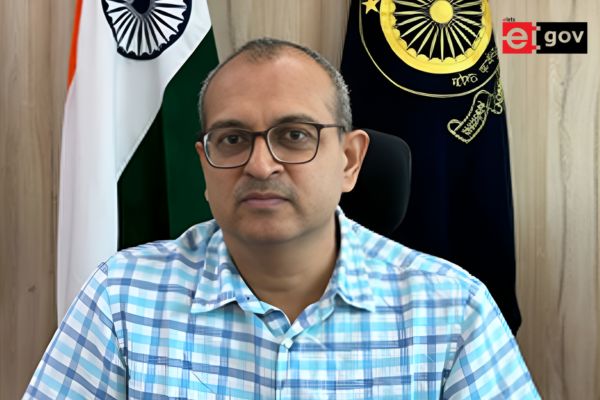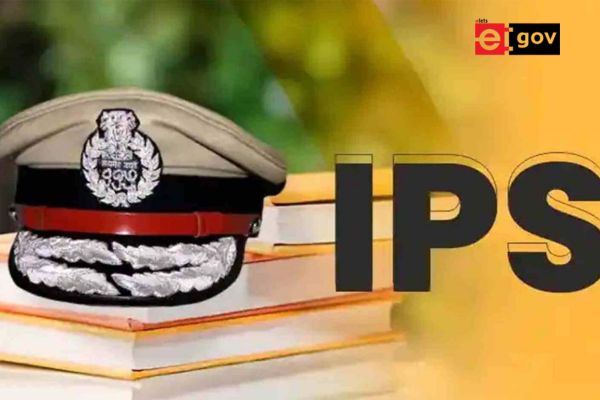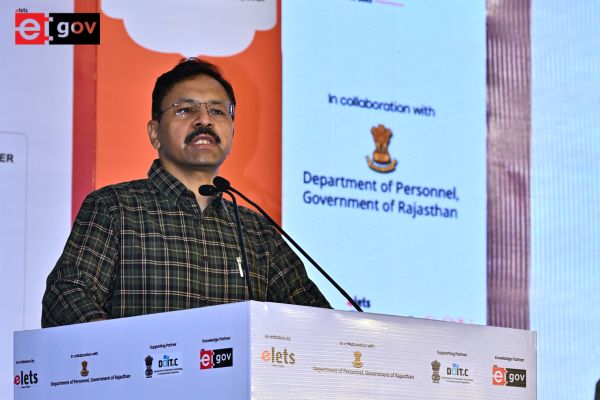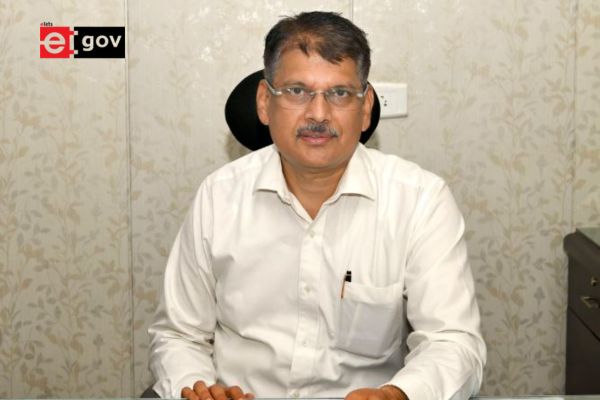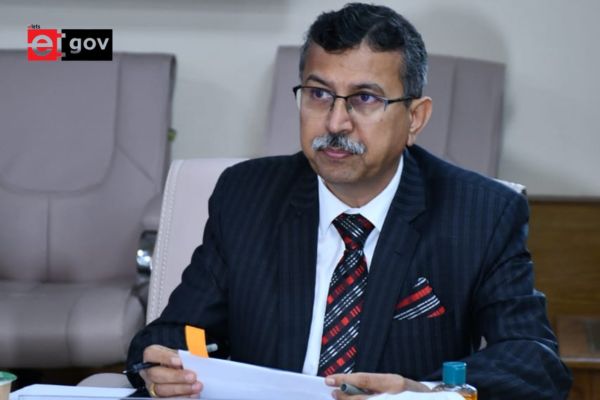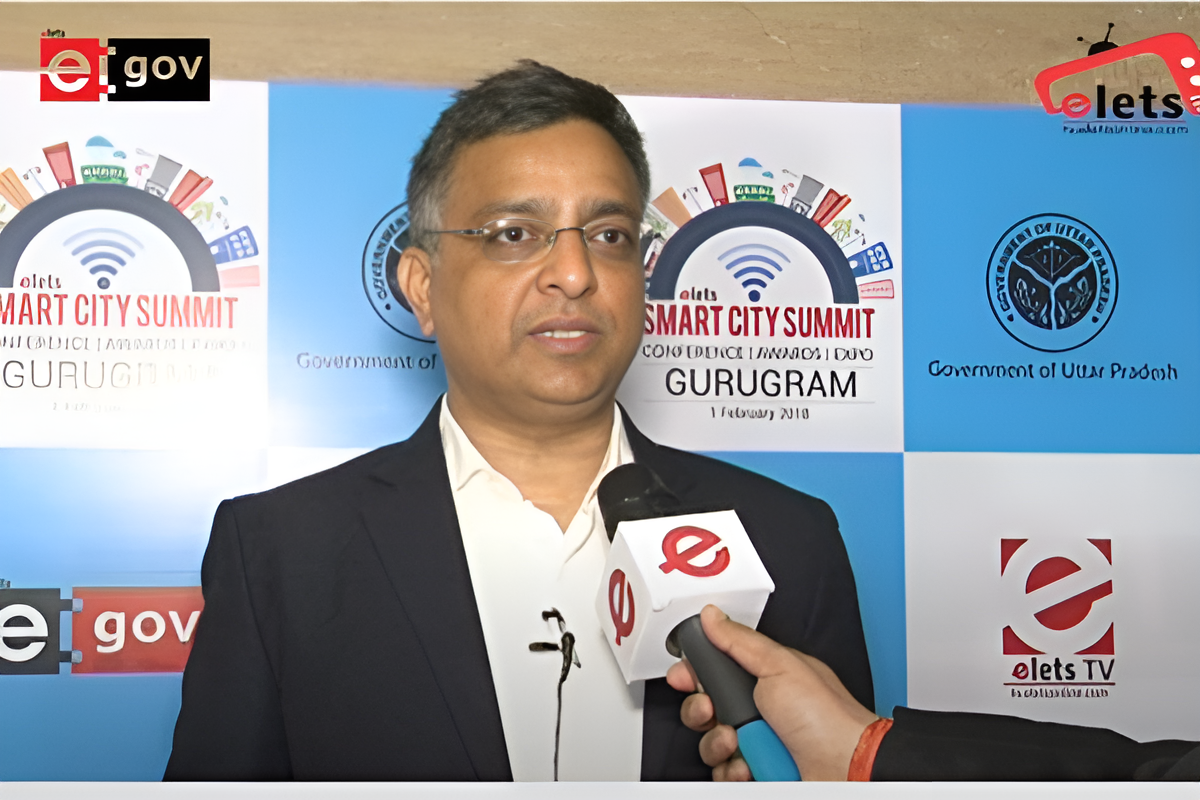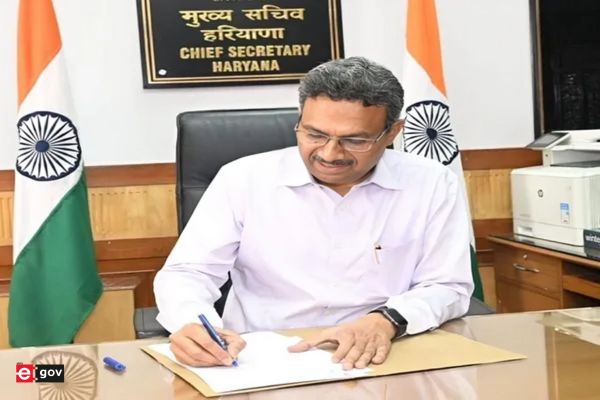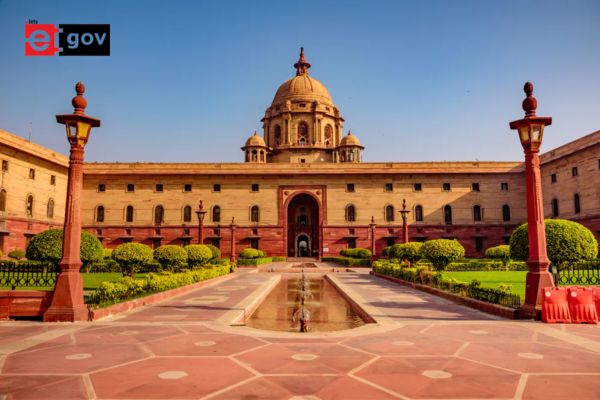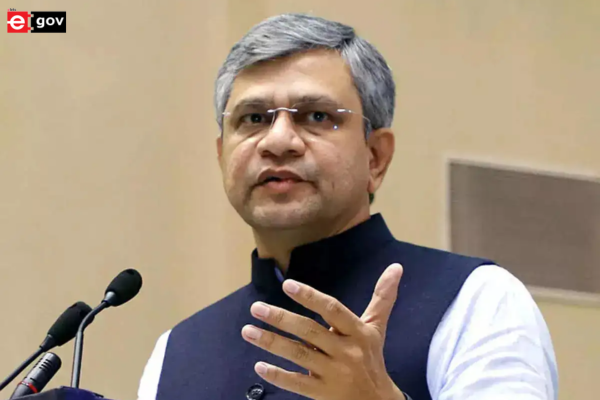
In a landmark move poised to redefine India’s technological trajectory, Union Minister for Electronics and Information Technology, Ashwini Vaishnaw, has announced that the country will roll out its first indigenously developed semiconductor chip in 2025. The declaration was made during the Confederation of Indian Industry’s (CII) Annual Business Summit, underscoring the government’s focused strategy to place India firmly on the global semiconductor map.
The upcoming chip, with specifications ranging between 28 to 90 nanometres (nm), targets a critical market segment that comprises nearly 60% of global semiconductor demand. These chips are widely used in sectors such as automotive electronics, telecommunications, industrial power systems, and railway applications. In semiconductor terms, lower nanometre values indicate higher transistor density, offering enhanced performance and energy efficiency.
Minister Vaishnaw noted that six fabrication units are currently under construction as part of the government’s broader push to build a robust and self-reliant electronics manufacturing ecosystem. “We started this journey in 2022. Today, six fabs are under development, and the first Made-in-India chip is expected to be rolled out this year,” he stated.

The initiative aligns with the government’s vision under the “Digital India” programme to reduce dependence on imported technology and establish India as a global hub for high-tech innovation. The launch is also strategically significant amid ongoing geopolitical shifts and growing global demand for secure, diversified semiconductor supply chains.
Emphasising the importance of balanced development, Vaishnaw said, “India’s future depends equally on manufacturing and services. While services continue to grow, manufacturing needs a strong boost. It’s time we create our own intellectual property, our own standards, and our own products.”

In addition to discussing semiconductor advancements, the minister addressed the growing impact of Artificial Intelligence (AI), likening its transformative potential to that of the internet revolution. “AI is already reshaping industries and society. We must equip ourselves to navigate this change effectively, across all sectors and professions,” he noted.
As part of this forward-looking vision, Vaishnaw introduced “Sarvam,” an India-centric AI model designed to reflect the country’s diverse linguistic, cultural, and social landscape. The initiative aims to ensure that AI technologies are inclusive, accessible, and tailored to India’s unique needs.
Vaishnaw, who also holds the Railway portfolio, further highlighted India’s significant strides in railway infrastructure. He announced that India is now the world’s second-largest freight railway network, transporting over 1,612 million tonnes of cargo, surpassing countries like the United States and Russia. He also remarked on the significant rise in passenger capacity, attributing it to long-standing reforms now bearing fruit.
The minister concluded by acknowledging the success of innovation-driven initiatives within the Indian Railways, particularly through partnerships with startups. A new policy is in the works to scale up high-performing ideas and integrate them across the national railway system.
This multi-dimensional address affirms the government’s commitment to technological self-reliance and innovation-driven growth, with the indigenous semiconductor chip marking a pivotal milestone in India’s digital and economic future.
Be a part of Elets Collaborative Initiatives. Join Us for Upcoming Events and explore business opportunities. Like us on Facebook , connect with us on LinkedIn and follow us on Twitter, Instagram.
"Exciting news! Elets technomedia is now on WhatsApp Channels Subscribe today by clicking the link and stay updated with the latest insights!" Click here!




